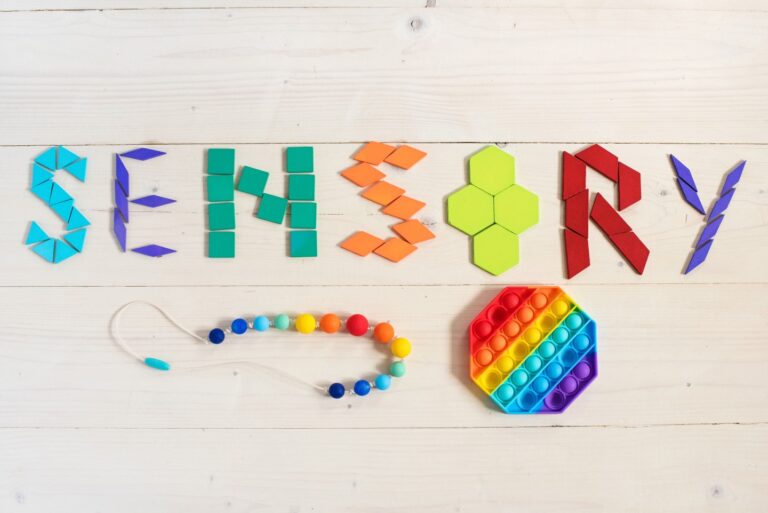We recognise that those who suffer a brain injury between the ages of 18 and 25 face enormous challenges.
Suffering a brain injury during this intense period of ‘coming of age’ life stages, (including moving out of the family home, attending college or university, getting a job, and navigating friendships and romantic relationships) can be devastating for the injured person and their loved ones.
Often, in the immediate aftermath of a brain injury, parents or other care-givers will step in to support an injured young adult. This is an entirely natural reaction, but it can lead to conflict, especially if the injured young adult feels that their newly independent lifestyle has been taken away.
We have a wealth of experience in acting for young people who are navigating all of these tricky life stages at the same time as trying to recover from a brain injury. We appreciate how difficult it can be, not only for the injured person, but for their families and loved ones too.
We offer a specialist, person-centred approach to these complex cases, with a focus on securing high quality rehabilitation at an early stage. We strive to support our young adult clients to live their lives as independently as possible, and are experienced in working with other parties to achieve this end.
How does a Young Adult Brain work?
The human brain isn’t fully developed until around the age of 25. The transitional life-stage that takes place between the ages of 18 and 25, coincides with the final (and crucial) stage of brain development – maturity of the pre-frontal cortex.
The pre-frontal cortex is responsible for a number of higher cognitive executive functions, such as attention, planning, decision-making and impulse control. Until the pre-frontal cortex matures, the limbic system, which is more primitive and spontaneous, dominates.
At the same time, adolescents often have increased levels of dopamine, sometimes referred to as ‘the happy hormone’. Dopamine is addictive and encourages attraction to exciting, and often risky experiences.
These factors (and others) combined mean that young adults are more likely to engage in risky/reckless behaviour, which puts them at greater risk of injury in certain settings, such as road traffic accidents.
Brain injury can cause numerous issues for young adult survivors, impacting on all areas of their life, including but not limited to – difficulties with cognitive ability, impaired speech, fatigue, emotional issues, mobility problems, and challenges with memory and organisational skills.
Further Reading
‘Attending University: A guide for students living with brain injury’
‘University Students Should Remain Aware of Meningitis Risk’




















